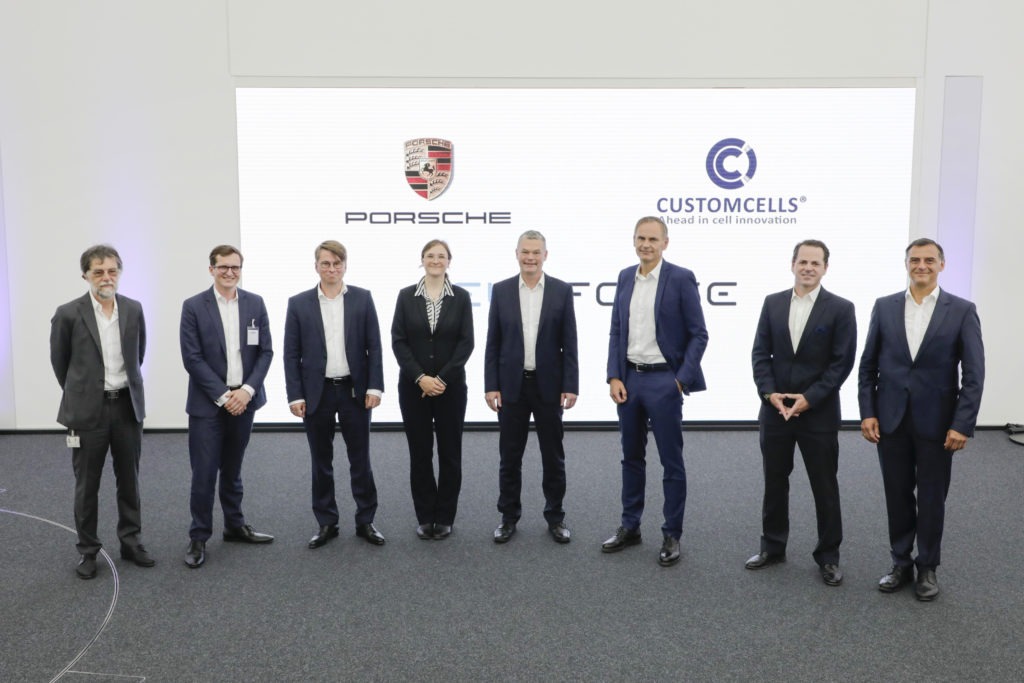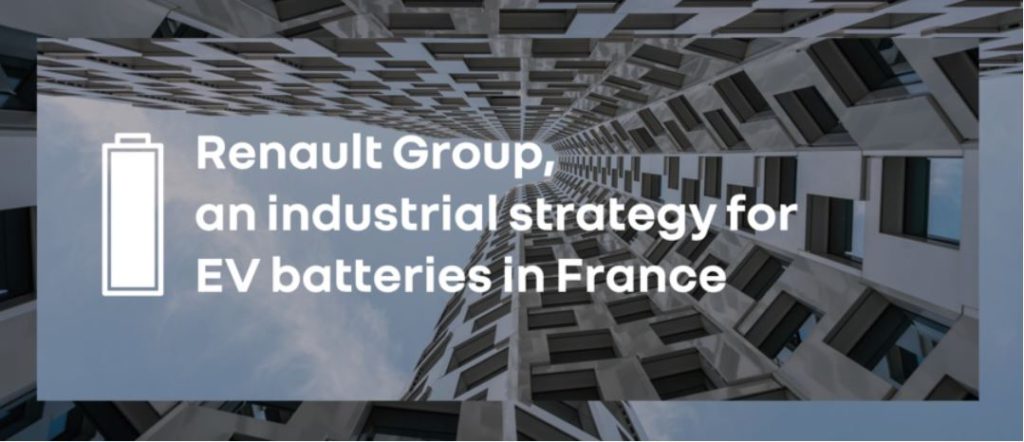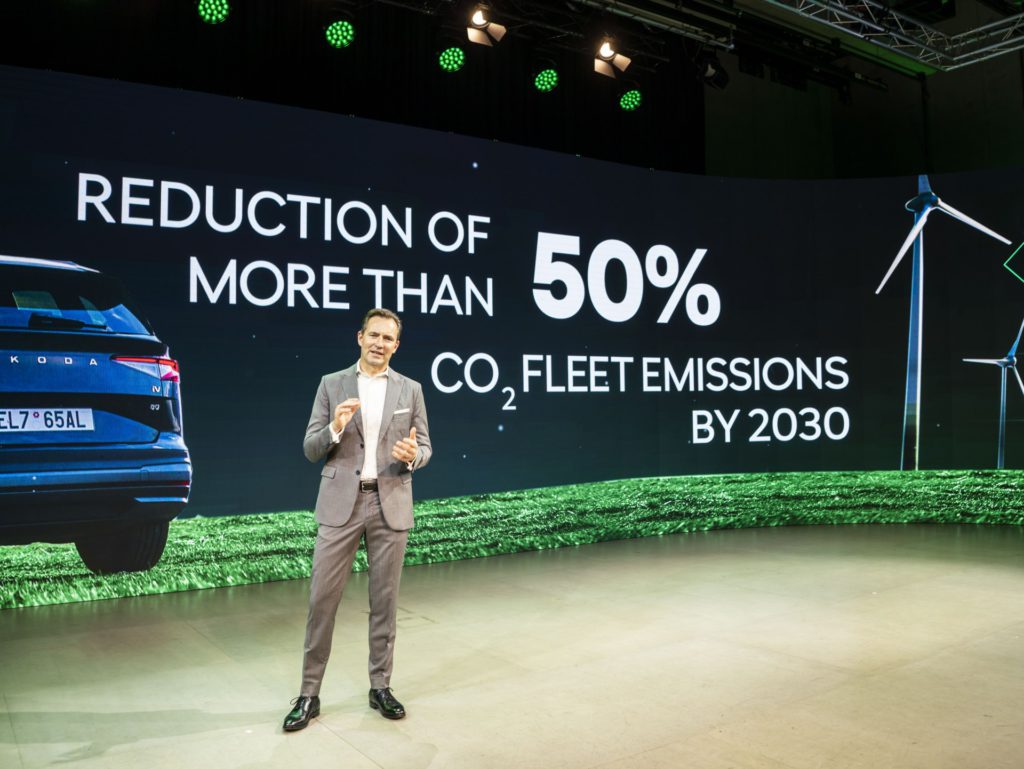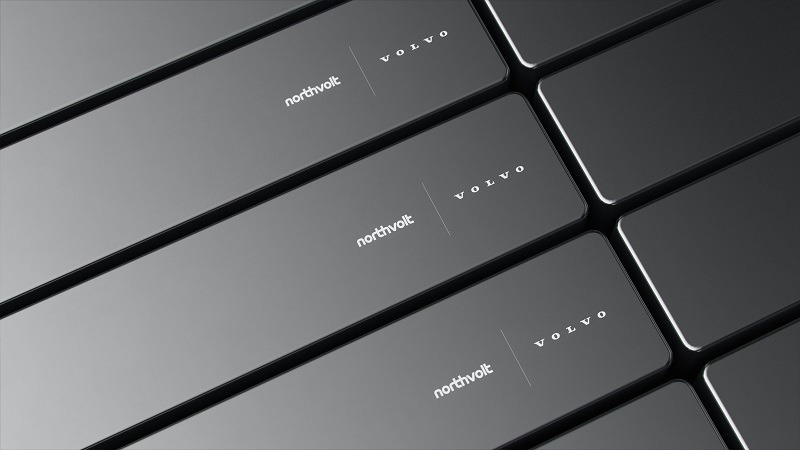Porsche to build gigafactory in Germany as part of new joint venture
29 June 2021

Porsche has announced a high double-digit million investment in a new joint venture with Customcells. The new business, Cellforce Group, will establish a gigafactory in Germany to supply the vehicle manufacturer.
As it looks towards integrating electric-propulsion more into its product line-up, following the launch of the Taycan, Porsche will require more battery cells. Like many other carmakers, including Volvo, Volkswagen, Renault and Nissan, Porsche will bring battery-production close to its vehicle-manufacturing plants.
The plan is for the venture to develop and build high-performance cells at its Weissach Development Centre. Later, Cellforce Group will look to establish a gigafactory to build a high volume of cells for Porsche models. The carmaker wants this to be as close as possible to its Weissach centre, as well as the headquarters of Porsche in Stuttgart-Zuffenhausen.
The new venture, in which Porsche holds a majority stake of 83.75%, will be headquartered in Tübingen, which is also under consideration for the gigafactory location. The Federal Republic of Germany and the state of Baden-Württemberg are funding the project with around €60 million.
‘The battery cell is the combustion chamber of the future. As a new Porsche subsidiary, the Cellforce Group will be instrumental in driving forward the research, development, production and sale of high-performance battery cells,’ said Oliver Blume, chairman of the executive board at Porsche. ‘This joint venture allows us to position ourselves at the forefront of global competition in developing the most powerful battery cell and make it the link between the unmistakable Porsche driving experience and sustainability. This is how we shape the future of the sports car.’
On-track development
The chemistry of the new high-performance cells relies on silicon as the anode material. With it, the carmaker believes it is possible to significantly boost the power density compared to current good series batteries. Essentially, the battery can offer the same energy content with a smaller size.
The new chemistry reduces the battery’s internal resistance. This allows it to absorb more energy during recuperation while also offering improved fast-charging performance. Another special feature of the Cellforce battery cell is the fact that it is better able to withstand high temperatures.
These are all qualities that are highly valued in motorsport. As Porsche competes in Formula E, and is returning to Le Mans for 2023 with a prototype hybrid car, it is likely the joint venture will produce cells for applications beyond the passenger-car market.
‘Porsche was founded as an engineering and development office in Stuttgart in 1931. To this day, you cannot purchase the technology that is at the heart of our high-performance sports cars. We develop it ourselves,’ commented Michael Steiner, member of the executive board, research and development at Porsche.
‘That is why it is only logical for us to develop and build the key technology of the future – the battery cell – ourselves. It is just as logical that we first test this new high-tech in the most competitive of environments – motorsport. Our electric sports car, the Taycan, also received key developments and its leading technical features from the racetrack, from the Le Mans-winning Porsche 919 Hybrid.’
BASF lithium-ion tie-up
The joint venture has also announced that chemical company BASF has been chosen as a cell-development partner for lithium-ion batteries. As a part of the collaboration, BASF is exclusively providing high-energy HED NCM cathode materials for high-performance cells. These enable fast charging and high energy densities. At its manufacturing facilities for primary products of cathode materials in Harjavalta, Finland, and for cathode materials in Schwarzheide, Brandenburg, Germany, BASF will be able to produce battery materials with a low carbon footprint from 2022.
Keeping carbon emissions from battery production to a minimum is essential for Porsche. In March this year, the carmaker announced it was aiming for a CO2-neutral balance sheet by 2030. While production at Zuffenhausen and Leipzig is already carbon neutral, the company will demand that suppliers achieve the same goals.
‘Anyone who develops battery cells for us must manufacture them exclusively with sustainable energy,’ Blume stated. ‘Batteries are still produced in a very energy-intensive way. By obliging our suppliers to use sustainable energy, the carbon footprint will improve significantly. And the battery itself will be more than 90% recyclable in 10 years, at the latest. At the same time, we will reduce polluting substances such as cobalt in batteries in the future.’


